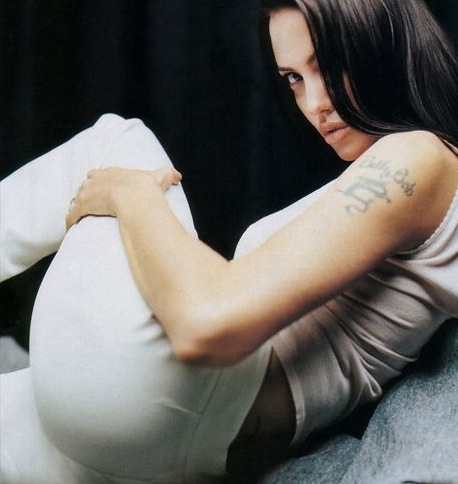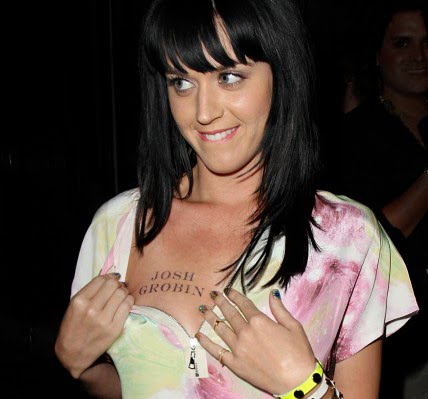A funny story: On Super Tuesday, as the day wore on, I grew hungry (tertianship seems to make me very hungry, in fact), and I went to our kitchen to make a sandwich, but I could not find any lunch meat. I asked the cooks for some help in finding some, but they stared at me like I had three heads. I figured they must not understand the term "lunchmeat" so I tried "cold cuts", "sliced meat". They continued to stare very politely. Then one of them, Joanne, said to me -- "It's Ash Wednesday." Whoops. (Tell my parents and the Wisconsin Province, their boy is making them proud.)
So this week, after Obama swept the Potomac Primaries, Michael pointed out this surprising fact: if either Obama or Clinton wins every race from here on out by a 55%/45% margin -- which they probably won't, but if either of them do-- they still won't have enough delegates to be the official Democratic candidate.
Which means, it's all going to come down to superdelegates, most likely. A group I know little about. So over the last week or so I've been doing some research on them and the whole primary system, and thought I'd share a little of what I learned.
Superdelegates have not been around forever; the practice began after the 1968 convention, in which the decision as to who the candidate would be had to be decided at the convention itself. (They call this a "brokered convention".) While today this sounds a lot more interesting than our long, dreary, scripted-to-death conventions, the conventional wisdom after the 68 convention was the unpredictability and potential divisiveness of such a gathering was not good for the party. So, they added a set of non-elected delegates who represent the Democratic leadership and could guide the process along to a clear candidate before the convention. (The idea being that ideally these superdelegates add momentum to the frontrunner's campaign, so as to put him or her over the top.) The superdelegates include all Democratic Senators, Congressmen and Governors, former Presidents and Vice Presidents, fellow and former presidential candidates, members of the Democratic leadership, etc. The usual suspects.
And there's a lot of them. In fact, while superdelegates constitute only about 20% of those who attend a convention (796 out of 3253), they are a staggering 40% of the total delegates needed to win the Democratic nomination, 796 out of a needed 2025. I haven't found anything that explains why the party has so many. In a bad primary cycle, such a large number could largely derail the democratic process by which a candidate is nominated. That, or at least the appearance of that, is the great fear today, along with the divisions and disenfranchisement that will result.
For now, we'll have to wait and see.
In my spare time, I have come up with one further thought on this topic: superdelegates should have to dress the part. Ted Kennedy, Al Gore, Dianne Feinstein, don't you dare show up at the Democratic convention in a suit and tie or a pantsuit. I want to see capes, I want to see muscle suits, I want to see masks and tiaras.
 Nancy Pelosi, leave the limo at home. We will send you a lasso, we will send you wrist bands, you get yourself into an Invisible Jet. It's the least you can do.
Nancy Pelosi, leave the limo at home. We will send you a lasso, we will send you wrist bands, you get yourself into an Invisible Jet. It's the least you can do. One citizen's dreams for the political process.















No comments:
Post a Comment